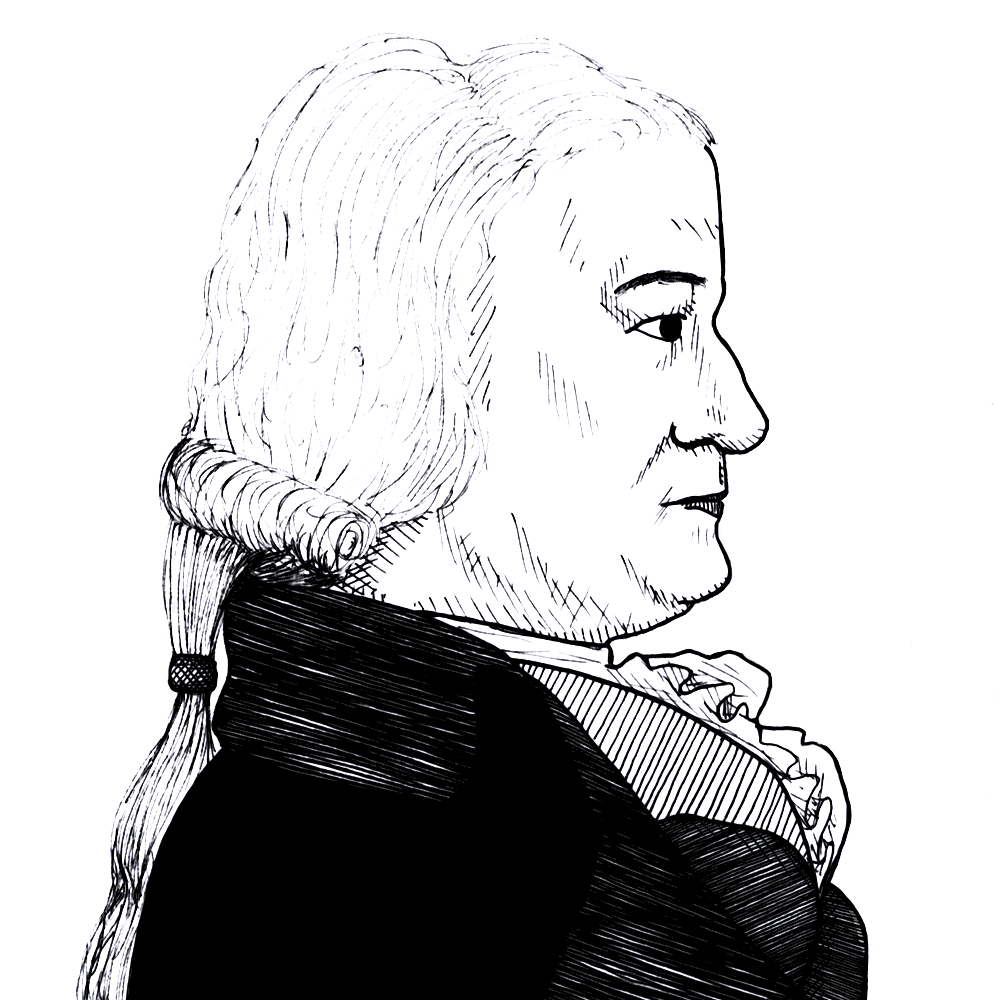
John Millar on liberty as an unintended consequence of a struggle between tyrants (1787)
Found in: An Historical View of the English Government
The Scottish historian John Millar (1735-1801) noted that although it was not the intention of the nobles to promote the liberties of ordinary Englishman when they challenged King John in 1215, by defending their own liberties they created both a precedent and a vocabulary for arguing for liberty against the crown:
Liberty
Whoever enquires into the circumstances in which these great charters were procured, and into the general state of the country at that time, will easily see that the parties concerned in them were not actuated by the most liberal principles; and that it was not so much their intention to secure the liberties of the people at large, as to establish the privileges of a few individuals. A great tyrant on the one side, and a set of petty tyrants on the other, seem to have divided the kingdom; and the great body of the people, disregarded and oppressed on all hands, were beholden for any privileges bestowed upon them, to the jealousy of their masters; who, by limiting the authority of each other over their dependants, produced a reciprocal diminution of their power. But though the freedom of the common people was not intended in those charters, it was eventually secured to them; for when the peasantry, and other persons of low rank, were afterwards enabled, by their industry, and by the progress of arts, to emerge from their inferior and servile condition, and to acquire opulence, they were gradually admitted to the exercise of the same privileges which had been claimed by men of independent fortunes; and found themselves entitled, of course, to the benefit of that free government which was already established.